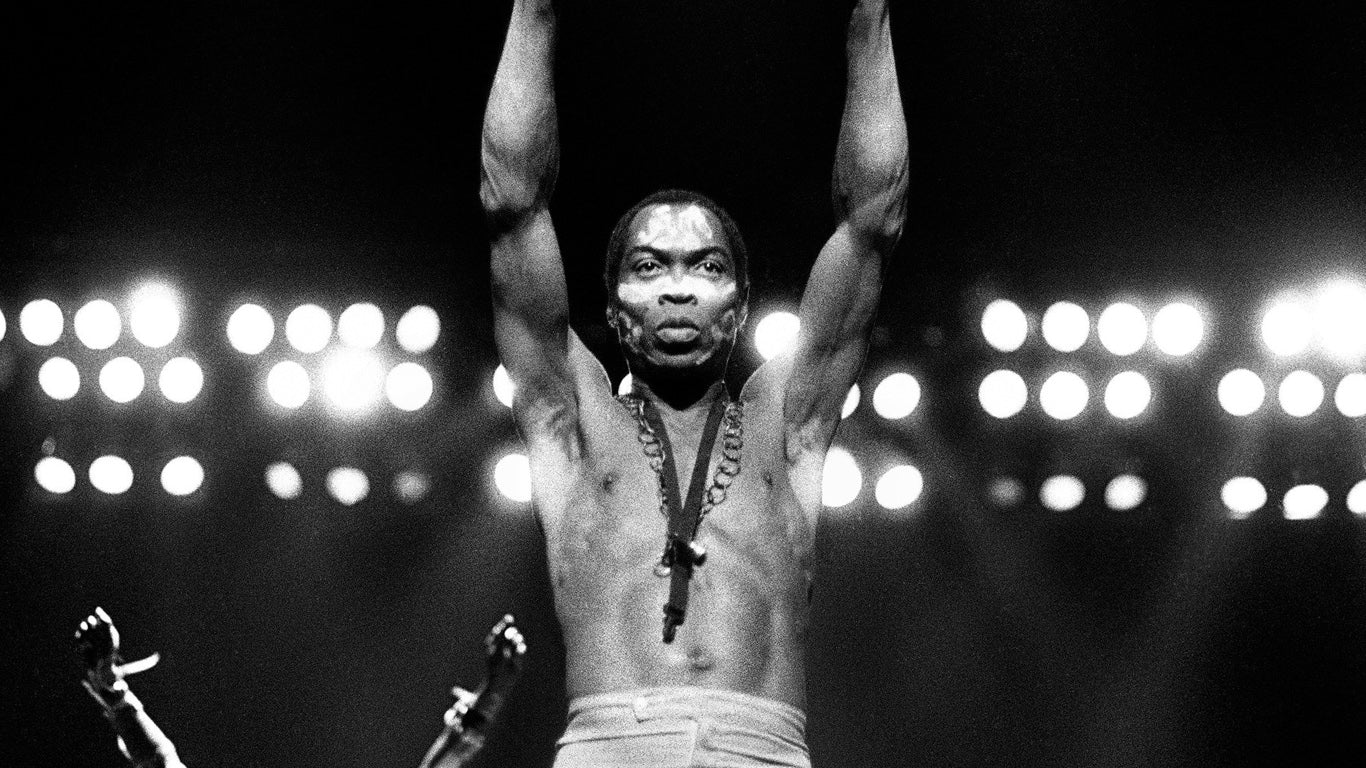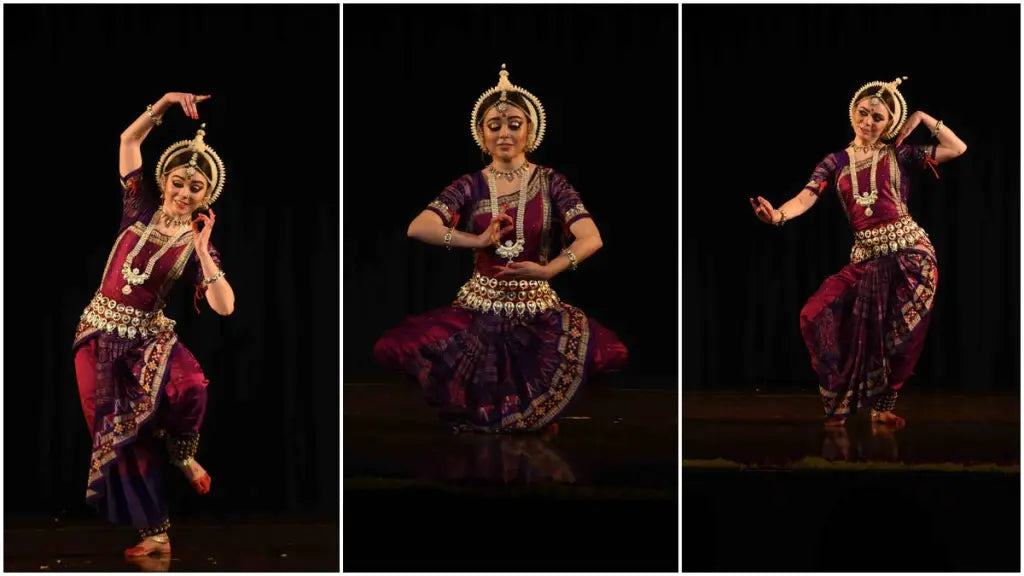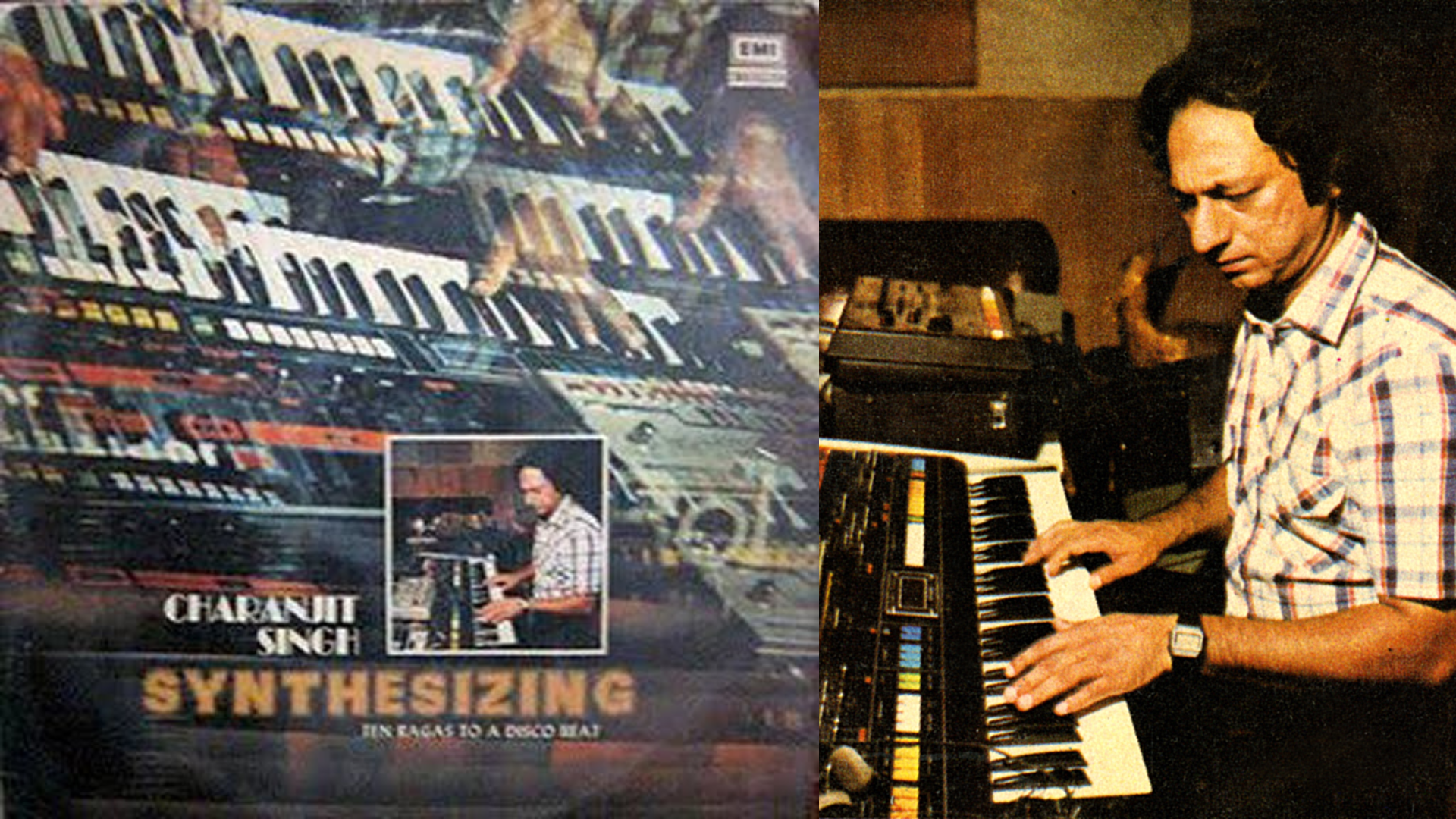Fela Kuti: The Man Who Invented Afrobeat

Fela Anikulapo Kuti always referred to himself as ‘Abami Eda’, a phrase in Yoruba that roughly translates to ‘the strange one.’ Always destined for a life less ordinary, Fela was a total social and cultural misfit during the prime of his career.
Uniquely dressed in embroidered brocades and African-inspired prints, he lived dangerously, defying brutal military regimes, flamboyantly puffing on jumbo-sized marijuana joints, with a bevvy of scantily clad, made-up women in tow, with street thugs as his bodyguards.

The DJs who played his records were considered brave. It didn’t matters that Fela’s complex compositions sometimes ran for over half an hour.
In line with his uncompromising temperament, for him, the value of music exceeded its entertainment appeal. Fela said, “Music is the weapon of the future,” and he considered it his duty to make people aware of injustice.
In 1958, he was sent to London to study medicine but decided to study music instead at the Trinity College of Music, with the trumpet being his preferred instrument. He allowed himself to be enamoured with the music scene there and ended up creating his own genre - Afrobeat taking elements from the local dance music (known as Highlife) and mixing it with Jazz and James Brown-esque soul music.
Further, on a trip to L.A., he encountered and got mixed up with Black Power Movement during the late ‘60s which further altered his worldview.
On returning to Nigeria, he formed his band Africa ‘70, and produced a slew of landmark LPs in the ‘70s; ‘Why Black Man Dey Suffer (features Ginger Baker),’ ‘Open and Close,’ ‘Shakara,’ are some of the quintessential 1971 releases that in a typical fashion derided the government, the army and the establishment.
The Afrobeat originator, till the end, was a conscious rebel and the themes of his rebellion never changed. There was none like him then and there is none like him now.
Fela remains a creative oasis with an overwhelming legacy and the people who sample his work usually end up producing abridged versions of Afrobeat. There have been vinyl reissues in recent times but original Fela Kuti pressings are incredibly hard to come by.
Also read: The history of Bossa Nova






Comments